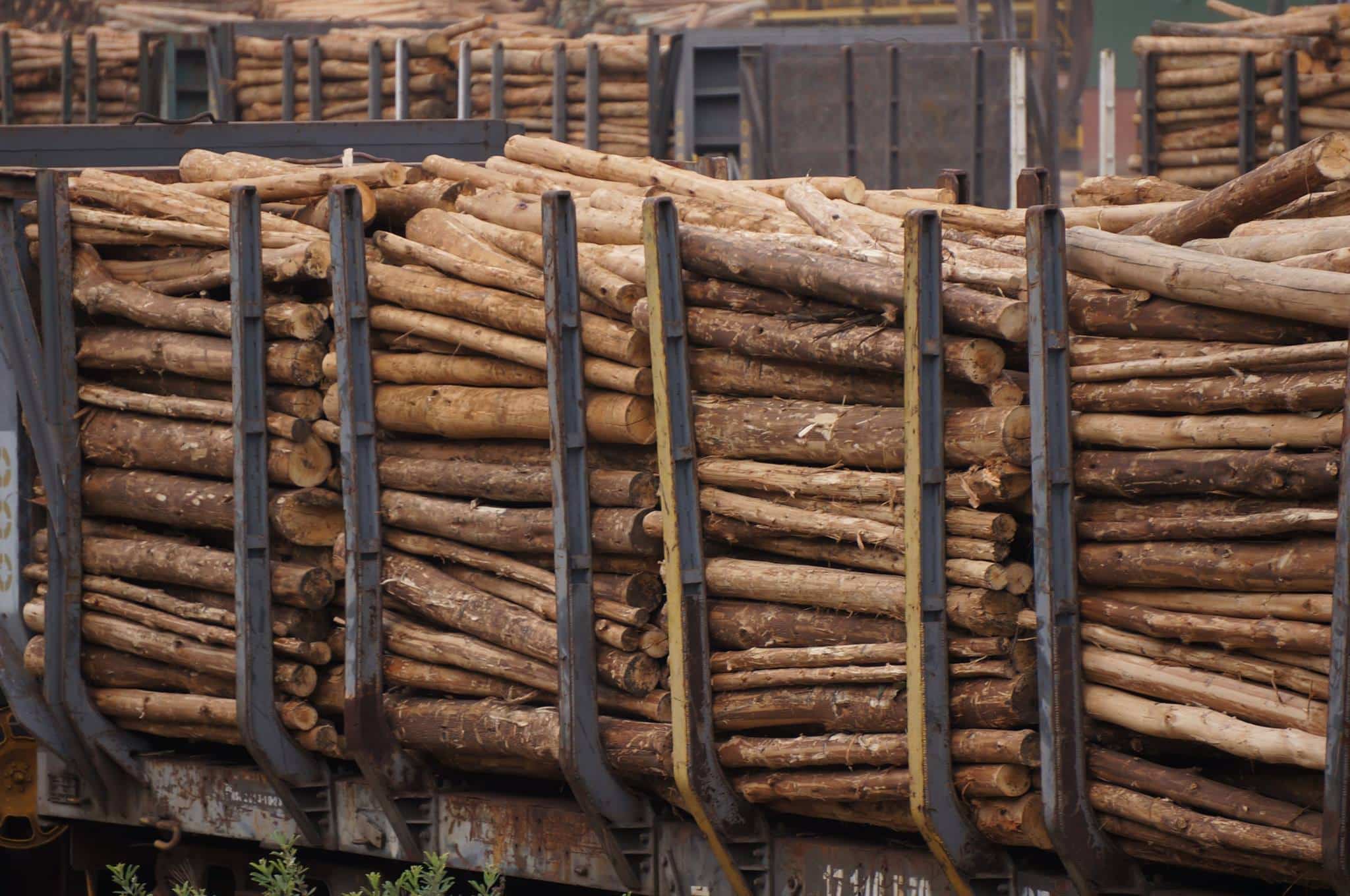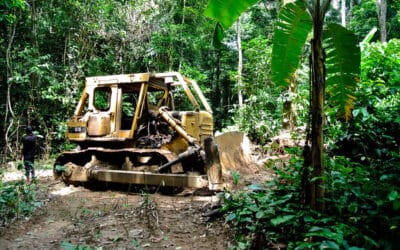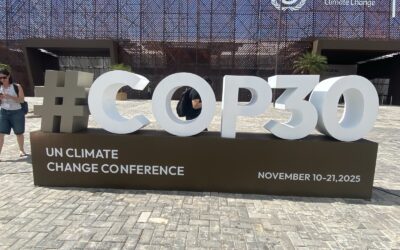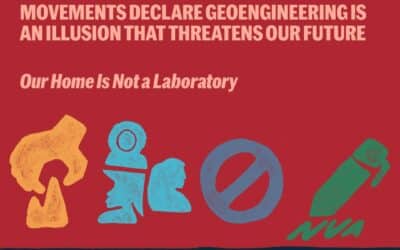25 September 2015: The Global Forest Coalition (GFC) [1] congratulated the UN on the target to halt deforestation by 2020 [2] in the Sustainable Development Goals (SDGs) to be adopted at the ongoing Sustainable Development Summit 2015 in New York. However it warns that it is unlikely that this bold target will be met unless the UN adopts a genuinely transformative sustainable development agenda.
“Governments must start acting now to halt deforestation by 2020 and not race to the bottom to cut down as many forests as they can before the 2020 deadline, business as usual will not do,” said Miguel Lovera, regional resource person for Latin America of the GFC.
The SDGs include other aspiring goals like ending global poverty, hunger and gender inequality by 2030, ensuring sustainable consumption and production patterns, combatting climate change, promoting sustainable agriculture among others [3]. However many social movements have pointed at the inherent contradictions in this post-2015 development agenda, claiming that its emphasis on unlimited economic growth is incompatible with many of its goals and targets.
“One cannot pursue unlimited economic growth on a limited planet,” warns Diego Cardona, chair of GFC.
“Only by reducing the consumption and production of commodities like meat and bioenergy, and by rejecting corporate-driven trade liberalization that drives their expansion, can we achieve the economic transformation needed to conserve and restore forests and other ecosystems.”
Another key concern is that the SDGs promote monoculture plantations in the name of large-scale “afforestation”, which are what activists call “fake forests”[4].
“We reject monoculture plantations which are rapidly expanding in Africa and other continents. They are a false solution to climate change and biodiversity loss. Rather we demand respect for our indigenous knowledge and practices as a cornerstone for climate and conservation resilience [5],” states Hindou Oumarou from Chad, GFC’s vice-chair. Indigenous peoples and local communities long standing involvement in forest and biodiversity conservation is not recognized or promoted in the SDGs.
GFC also stresses that gender should be central, but not just in words, “We welcome the fact that women’s empowerment has been put central in the SDGs, but gender equality will never be achieved as long as corporations are allowed to exploit the planet’s commons for private profit” said Isis Alvarez, gender advisor to GFC and one of the coordinators of the Women’s Major Group on Sustainable Development [6], which has played a very active role in the SDG negotiations.
For more information please contact:
Ashlesha Khadse (Media Officer)
Cell and whatsapp: +52 967 111 0424
Email: ashlesha@globalforestcoalition.org
Website: https://globalforestcoalition.org/media
Social media
Facebook: bit.ly/gfc123
Instagram: global.forest
Twitter: @gfc123
Notes:
[1] Global Forest Coalition is a worldwide coalition of almost 80 NGOs and Indigenous peoples’ organizations from 50 different countries striving for rights-based, socially just forest conservation policies.
[2] The target number 15.2 to halt deforestation by 2020 is part of a package of 17 Sustainable Development Goals [3] that will be adopted by 193 member states to set the global development agenda from 2015-2030, and will replace the Millennium Development Goals of 2000 to 2015. The target 15.2 reads, “By 2020, promote the implementation of sustainable management of all types of forests, halt deforestation, restore degraded forests and substantially increase afforestation and reforestation globally”
See: https://sustainabledevelopment.un.org/post2015/summit
[3] See all SDG goals, targets and indicators at https://sustainabledevelopment.un.org/focussdgs.html
[4] https://globalforestcoalition.org/real-forests/
[5] The Global Forest Coalition, together with a number of Indigenous Peoples organizations and NGOs, is in the process of carrying out bottom up assessments of community led conservation efforts in communities in at least 20 countries including Samoa, Iran, Uganda, South Africa, Paraguay, Chile among many others.
See: https://globalforestcoalition.org/resources/supporting-community-conservation/
[6] http://www.womenmajorgroup.org




